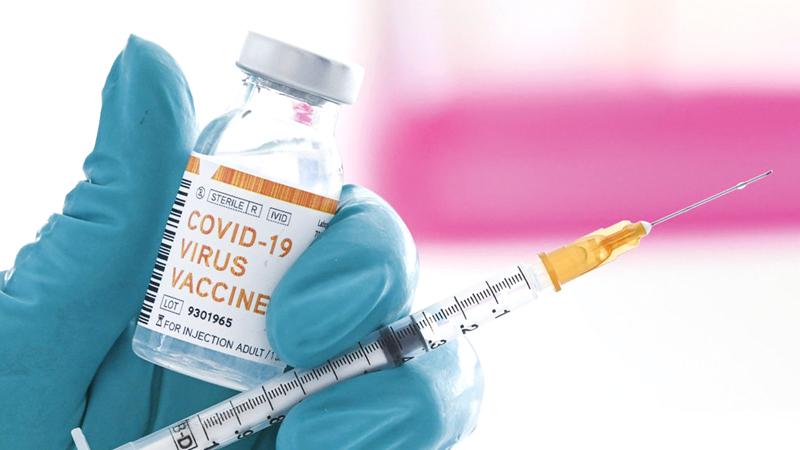
Sri Lanka should have a national plan to deploy a Covid-19 vaccine, while the country awaits the approval and subsequent delivery of vaccine doses, WHO’s Sri Lankan representative Dr. Razia Pendse said.
 The WHO is expecting doses of a vaccine to begin arriving in countries in mid 2021, while a limited number of vaccines may be available for high-risk groups early next year if trials on vaccines prove to be successful.
The WHO is expecting doses of a vaccine to begin arriving in countries in mid 2021, while a limited number of vaccines may be available for high-risk groups early next year if trials on vaccines prove to be successful.
“Phase III trials for some candidate vaccines began in July 2020. We expect that the results from this large-scale trial phase will begin to come in at the end of the year, possibly from the end of this month. When data is available, regulatory authorities will need to assess the safety and efficacy, and manufacturing for approved vaccines will begin,” the country representative told the Sunday Observer.
The WHO has pledged to provide doses to cover 20 percent of the country’s population when a vaccine is finalised.
The COVAX Facility, led by Gavi, CEPI and WHO is an unprecedented global effort to ensure that if and when a vaccine proves safe and effective, each country has equitable access to it as quickly as possible, Dr. Pedse said, adding that over 180 countries and economies, including Sri Lanka, have signed up for COVAX.
“All countries that have signed up for COVAX, are eligible to receive an initial proportional allocation of doses. Countries will progressively receive doses until all countries reach 20 percent of their population,” she said, adding that it is important that Sri Lanka have a national plan in deploying the vaccine.
Dr. Pedse said this includes budgeting/financing framework, regulatory requirements, prioritisation of population groups, health system requirements, mechanisms/platforms for the delivery of vaccines, mechanisms to monitor adverse events following vaccination, communication strategies for demand generation and to improve community acceptance.
The country will have to prioritise vulnerable groups, such as health workers and elderly people, as the first doses will be limited. The WHO has developed a Fair Allocation Framework that will take place in two phases.
In phase one, an initial proportional allocation of doses to countries will take place.
In the second phase, it will be expanded to cover other populations. If severe supply constraints persist, a weighted allocation approach would be adopted, taking account of a country’s Covid-19 threat and vulnerability.
“It’s important to remember that a safe and effective Covid-19 vaccine is still months away.
It will be even longer before it is available to a large number of people.
That is why it is important to continue using public health tools and measures that we know are effective in preventing the infection and breaking the chain of transmission,” she said.
Dr. Pedse said a coordinated and proactive action should be taken to control current Covid-19 clusters and prevent the spread of the virus. The Government has to continue to find, isolate, test and care for people with Covid-19; and to trace and quarantine their contacts.
She added that there is a need to expand control efforts to meet the increased need in the country as it is in a ‘critical moment in the Covid-19 respose’.
“Now more than ever, we need an all-of-society response. We must all commit to following prevention measures and acting responsibly for our safety and the safety of our loved ones and communities,” Dr. Pendse said. She said that people have to continue maintaining physical distance, cleaning hands, wearing masks and increasing ventilation whenever possible, while avoiding the 3 Cs– crowded places, confined and enclosed spaces and close-contact settings.
